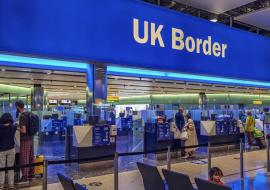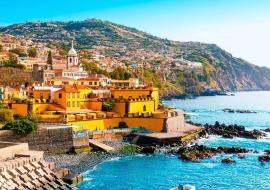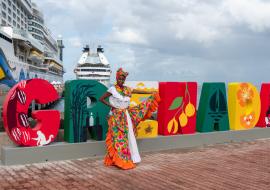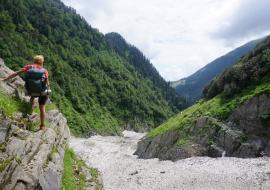Education and Diversification Key to Future of Tourism in Asia and the Pacific
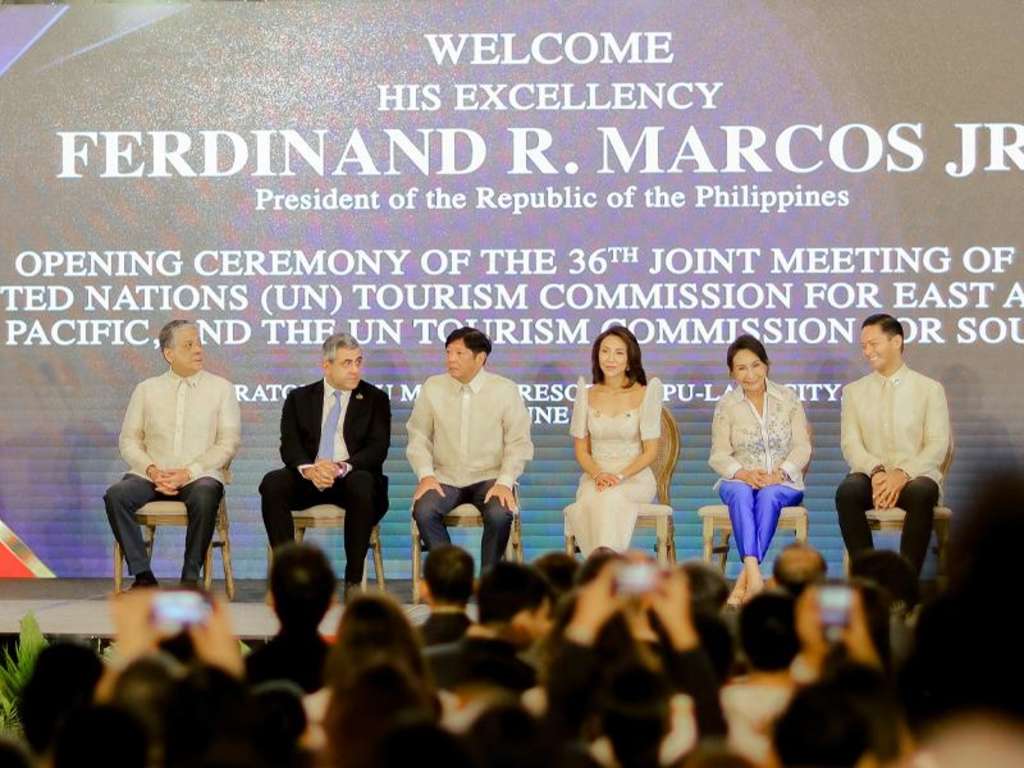
Diversifying tourism across Asia and the Pacific, alongside promoting more and better education, will be crucial for building a more resilient and sustainable sector. According to UN Tourism’s data, the sector is experiencing a rapid recovery in the region, with arrivals reaching 82% of pre-pandemic levels in the first quarter of 2024.
This rebound has been driven by the reopening of many destinations throughout 2023. With full recovery on the horizon, the latest joint meeting of UN Tourism’s Commission for Asia and the Pacific (CAP) and its Commission of South Asia (CSA) focused on the challenges and opportunities for creating a positive and lasting transformation.
The 36th meeting of the CAP-CSA welcomed more than 130 delegates from 25 countries and territories, who were provided with a comprehensive overview of UN Tourism’s work and achievements since the last meeting. Key priorities were presented for the years ahead. UN Tourism Secretary-General Zurab Pololikashvili emphasized the near-complete recovery of tourism in Asia and the Pacific, highlighting the collective efforts to face the crisis head-on. Moving forward, he stressed the importance of supporting education, driving investments into the sector, and strengthening public-private ties to build resilience and advance sustainability and inclusive growth.
Reflecting the high-level support for tourism and UN Tourism’s mission, the meeting's host, the Philippines, was represented by President Ferdinand Marcos Jr. In his opening remarks, President Marcos commended UN Tourism’s focus on education and training for the sector and reiterated his commitment to broader sustainability efforts. "Education is always going to make any industry better, and certainly tourism is no different,” President Marcos said. He emphasized the need to raise standards and practices in tourism through education, training, and skills upgrading.
President Marcos also expressed interest in establishing a new Academy in collaboration with UN Tourism in the Philippines. This institution would join UN Tourism’s growing network of Academies, focusing on the specific needs of regions and key skills required for the future of tourism. This initiative underscores the government's recognition of the importance of education in enhancing the tourism sector.
During the joint Commission meeting, Member States discussed product development with an emphasis on green transformation to enhance competitiveness and resilience. The promotion of innovative and green solutions was identified as essential for bolstering the sector's resilience.
Gastronomy tourism was highlighted as a key area for product diversification and accelerating recovery in the region. UN Tourism hosted its first Regional Forum on Gastronomy Tourism for Asia and the Pacific in Cebu, connecting public and private sector leaders with top entrepreneurs and leading chefs. The forum concluded with the Cebu Call to Action on Gastronomy Tourism, urging leaders to integrate gastronomy tourism into policy, foster cross-sector cooperation, support small businesses, and promote sustainable practices. Secretary-General Pololikashvili proposed creating an education or gastronomic center in Cebu to leave a lasting legacy.
The meetings concluded with Members accepting Indonesia’s offer to host the 37th Joint Meeting of UN Tourism’s two Asian Commissions in 2025, with exact dates to be confirmed in due course.







